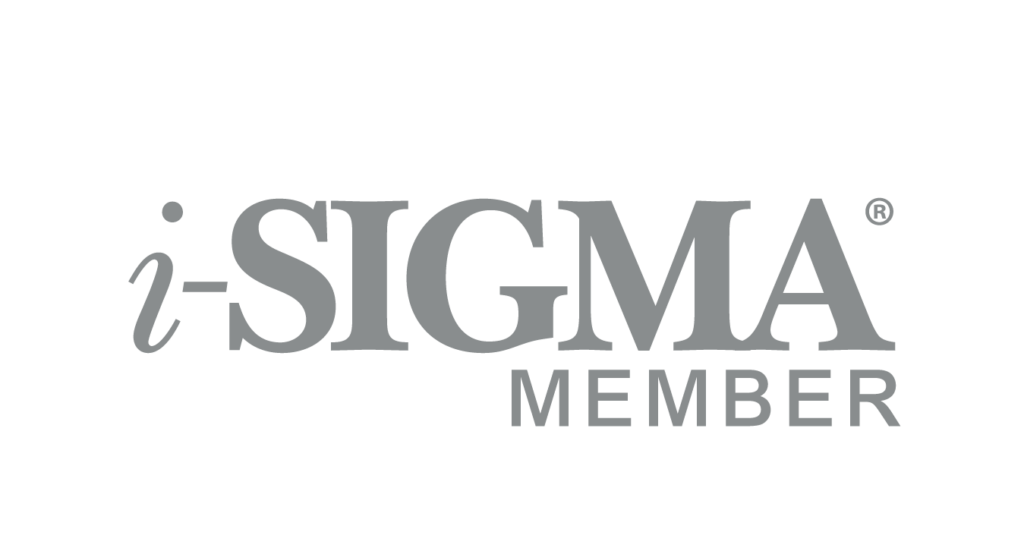The quick answer it depends. The better answer is to shred all documents when they are being disposed of to play it safe. When you need shredding it is always best to leave it to a professional company like Fileshred.
The frequency at which you should shred documents depends on various factors, including the type of documents, legal requirements, and your own privacy and security concerns. Here are some general guidelines:
Legal Requirements
Some documents, especially those containing sensitive personal or financial information, may be subject to specific legal requirements regarding retention and disposal. For example, tax-related documents are often required to be retained for a certain number of years after you file that tax return before they can be shredded. Be sure to research and comply with any applicable federal and state laws and regulations. It is also a good idea to consult your tax professional.
Personal Financial Records
Bank statements, credit card statements, and other financial documents should generally be retained for at least a few years, or as required by tax laws. Once you no longer need them for tax or legal purposes, consider shredding them to protect your personal financial information.
Medical Records
Medical records sometimes referred to as Protect Health Information (PHI), may contain sensitive information. It’s essential to keep them as long as necessary for your health reasons and insurance purposes. However, once you no longer need them, it’s a good idea to securely dispose of them to protect your privacy.
Personal Identifiable Information (PII)
Documents containing PII, such as Social Security numbers, birth certificates, and passports, should be shredded immediately after they are no longer needed. This is crucial for preventing identity theft.
Credit Card Offers And Junk Mail
Shred any credit card offers, pre-approved loan offers, and other unsolicited financial or personal information that you receive in the mail. Identity thieves can use these to open fraudulent accounts in your name.
Expired Contracts And Agreements
Contracts, leases, and agreements that are no longer in effect can often be shredded. However, be sure to keep any documents related to legal disputes or ongoing obligations.
Utility Bills And Receipts
Utility bills can generally be shredded once you’ve verified the charges and paid them. Your utility company will also have your usage history if you ever need them. Receipts for everyday purchases can often be discarded after a short period unless needed for warranties, returns, or tax purposes.
Pay Stubs
Pay stubs can typically be shredded once you’ve verified your earnings and compared them to your W-2 or other tax documents. It is good to keep a few weeks of paystubs if you are going to be looking for any type of financing.
Personal Correspondence
Personal letters and documents that are no longer relevant can be shredded to maintain privacy.
Regularly Review
Make it a habit to regularly review and declutter your documents. Create a schedule or set up a system to determine when documents are no longer needed, and then shred them accordingly.
Electronic Documents
Don’t forget about electronic documents and files. Regularly review and delete digital files that are no longer needed, and have hard drives destroyed from computers that are no longer in service to ensure your digital documents are properly secured.
In Conclusion
Remember that the specific retention periods for different types of documents can vary based on your location and circumstances, so it’s a good idea to consult with legal or financial professionals for advice tailored to your situation. Additionally, having all the documents you no longer need professionally shredded will avoid a lot of potential problems in an era where stealing confidential information is commonplace.
By
James Dowse CSDS


